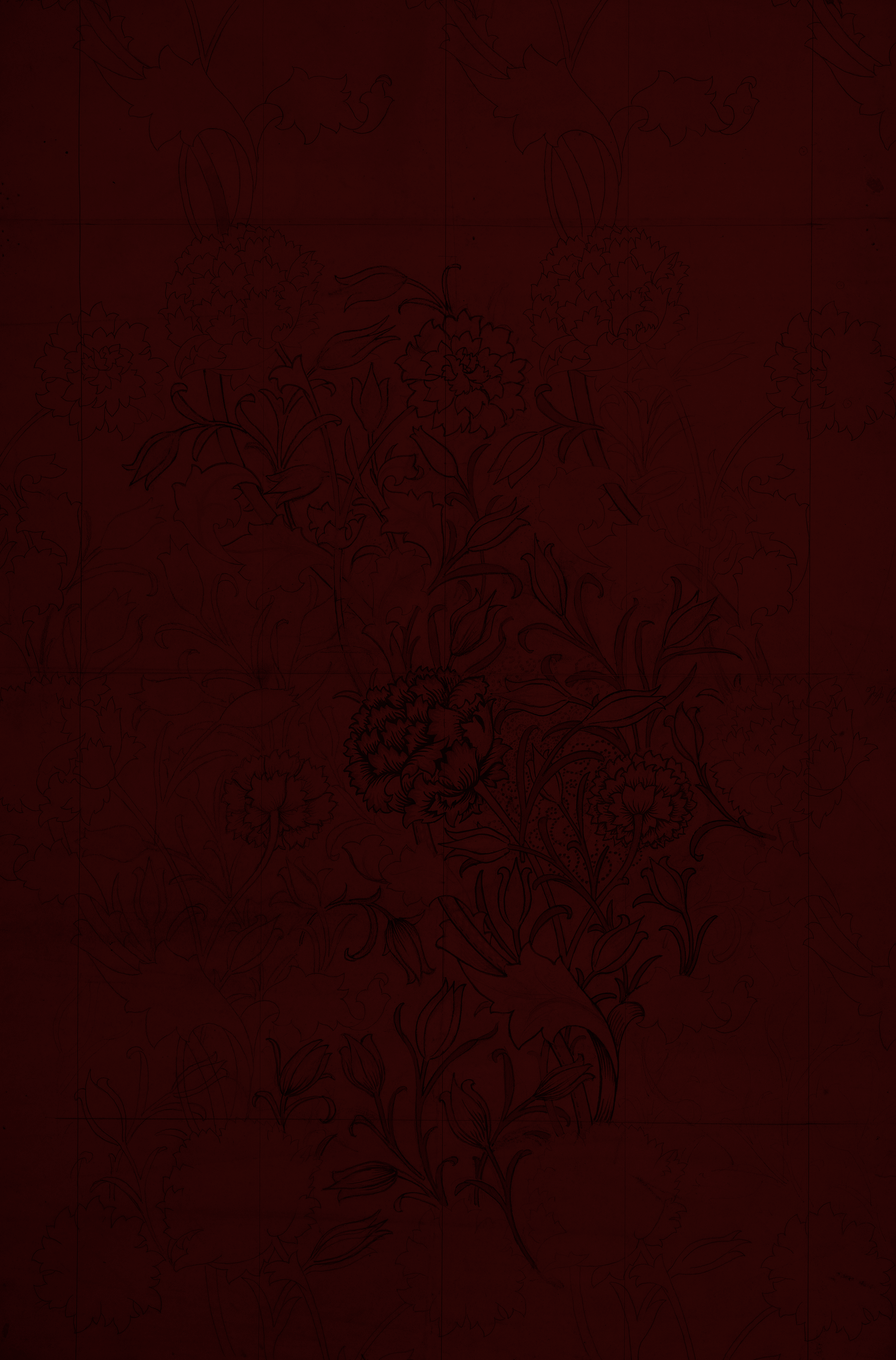
Beyond Borders
Yamini Kalluri & The Rasa Quartet

Ever since she was a child, Indian Kuchipudi dancer Yamini Kalluri dreamed of performing on stage accompanied by a Western classical string ensemble. During the height of the pandemic in the fall of 2020, the Autumn Salon hosted an impromptu livestream concert performed in front of a small audience, enabling Yamini's dream to come true.
A week prior to the concert, Yamini received news that her teacher, whom she had been studying with since she was seven years old, had passed away from complications due to COVID. This was the first time she perfomed after receiving this difficult news, and she dedicated her performance to her teacher's memory.
Yamini Kalluri
Yamini Kalluri is a world-class Kuchipudi dancer (disciple of legendary Dr. Sobha Naidu) based in NYC where she teaches, performs and choreographs full-time. An artist who is at once deeply traditional, but also flirts with the avant-garde, Kalluri is a performer/choreographer not to be missed as Indian classical dance continues to conquer new stages abroad. Kalluri is known for her grace, lines, agility and uncompromising quest for perfection as she works to re-frame & highlight Kuchipudi in a global context.
Rasa Quartet
Formed in 2019, the Boston-based Rasa String Quartet is quickly emerging as one of New England’s finest ensembles. The Quartet is passionate about performing powerful, engaging, and unconventional programs that are inspired by a wide variety of traditions, fuse multiple genres, highlight unknown composers, and make “classical music” culturally relevant. Rasa takes the relaxed atmosphere and banter of a folk or pop show and brings it to the classical concert experience in a way that is easily understandable, relatable, and entertaining. They seek to champion composers who are not widely known today and present them in genre-defying programs where one could hear a Haydn string quartet, leading into a taiwanese folk song, and mixed in with a Celtic fiddle tune.






